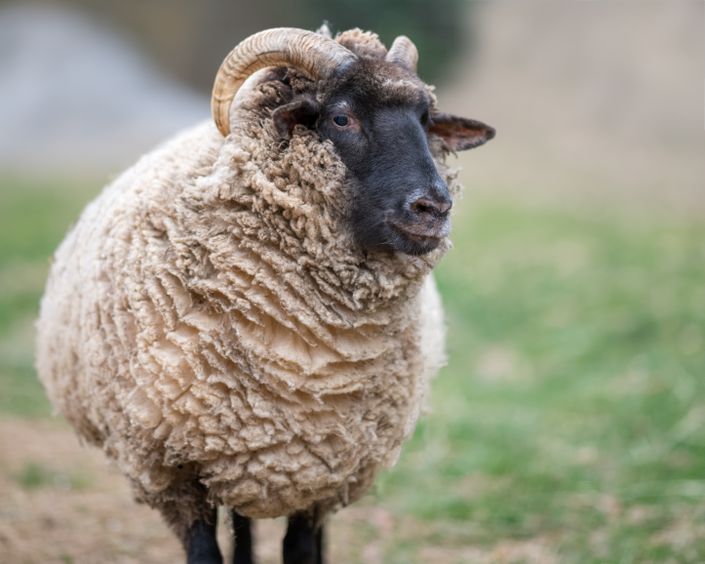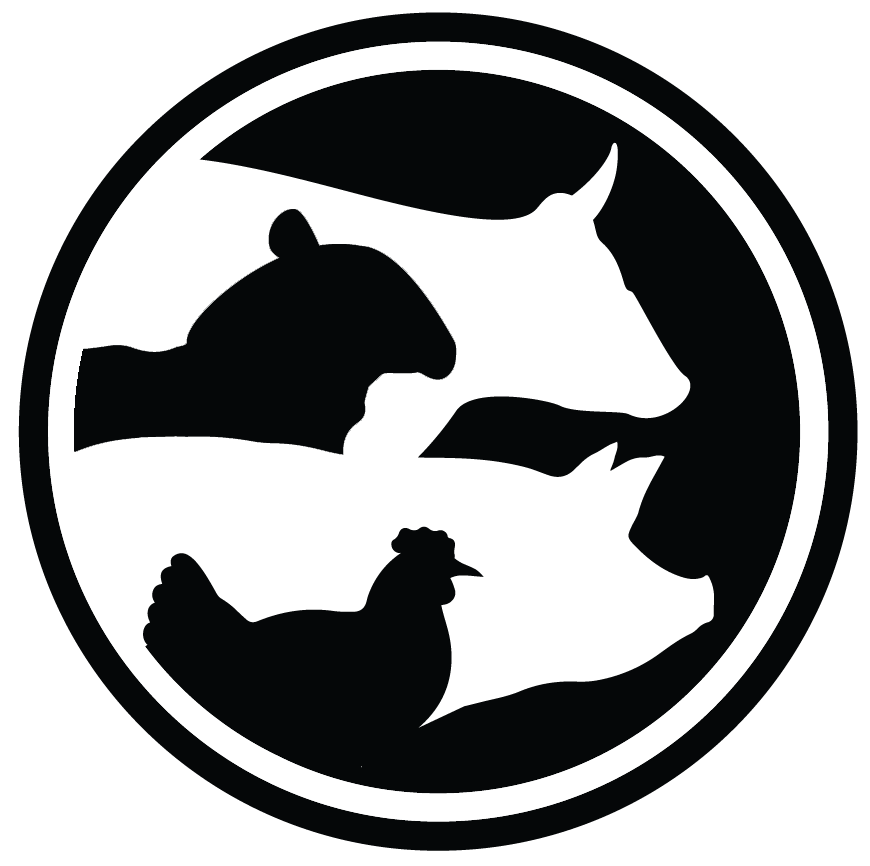
Ensuring Accountability and Transparency
Cultivating Leadership for Breed Organizations
Welcome to Module 5 of our Cultivating Leadership Training Series. During this module we will discuss how to ensure accountability and transparency within your organization.
Nonprofits have a legal and ethical obligation to their constituents and the public to conduct their activities with accountability and transparency. In this module we will cover who breed organizations are accountable to and the mechanisms you can put into place to ensure the accountability and transparency of your organization.
From establishing and following financial statements to signing statements of commitment and a code of ethics, we'll demonstrate why sharing information and building trust within your organization is vital to the health and future of your breed organization.
Banner photo of a Hog Island sheep courtesy of Peter Kasmala
Your Instructor

This course is taught by Jeannette Beranger, Judy Brummer, Jim Cheskawich, Brian Larson, and Becky Mahoney.
Judy Brummer has been involved in the Rocky Mountain Horse Association (RMHA) for more than 10 years. She has served on several committees, as a Director of Examiners, and as President for 6 years. She also assisted in the establishment of the Rocky Mountain Horse Foundation and became a member of their board. Judy has traveled across the United States and overseas as a representative of the RMHA and the Rocky Mountain Horse, and was inducted into the Charles Kilburn Society, an honorary society recognizing individuals who have made a significant contribution to the RMHA and the Rocky Mountain Horse breed.
Becky Mahoney has been breed registering St Croix Hair Sheep and American Guinea Hogs since 2014 for both the family freezer and for quality breeding stock. She rescued the rare lost line of guinea hogs known as Hesters and is the conservator of their genetics, working to disseminate them to other committed breeders of AGH. She is a regular column contributor to the American Guinea Hog Association newsletter, Curley Tales, writing about home butchering and use of the whole hog.
Brian Larson is a former Board Chair of The Livestock Conservancy, a former President of the National Lincoln Sheep Breeders Association, a former Board member of the Michigan Sheep Producers, and a former member of several sheep, cattle and horse associations. Outside of livestock, Brian is also a former county commissioner and school board member.
Jim Cheskawich grew up working part time on a nearby farm in Southwest Pennsylvania. He is the immediate past president for the Samoyed Club of America and served 5 one-year terms as president going back to 1999. Jim has also been treasurer and a board member for the Samoyed Club of America; quartermaster and adjutant for the VFW Post (a 501c18) in Woodland, WA; treasurer for the SCA Foundation (a 501c3); and founding President for the Rex of White Way Samoyed Memorial Library (a 501c3). He also served for nearly 30 years in Federal HR as HR Director or Personnel Officer for 3 different agencies in the Federal Government. He currently works for NIH as a contractor.
Jeannette Beranger is the Senior Program Manager for The Livestock Conservancy and has 30+ years’ experience working as an animal professional in zoological and non-profit institutions. She uses her knowledge to plan and implement breed conservation programs for the Conservancy. She is an active lecturer, writer, and photographer. She is co-author on the best-selling books An Introduction to Heritage Breeds and Managing Breeds for a Secure Future. Recently she was named one of Country Women Magazine's "45 Amazing Country Women" for her work in conserving endangered breeds, and as one of the Grow Network’s “Top 14 Women Leading the Natural Food Movement.” At home she practices what she preaches and maintains a heritage breeds farm with a focus on critically endangered breeds.
The Livestock Conservancy is America's leading non-profit dedicated to saving rare breed livestock and poultry from extinction.
